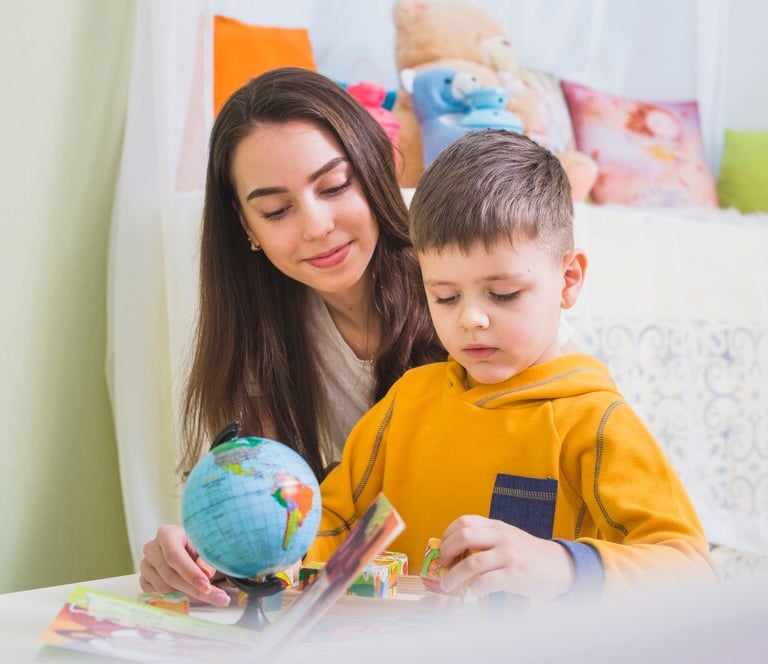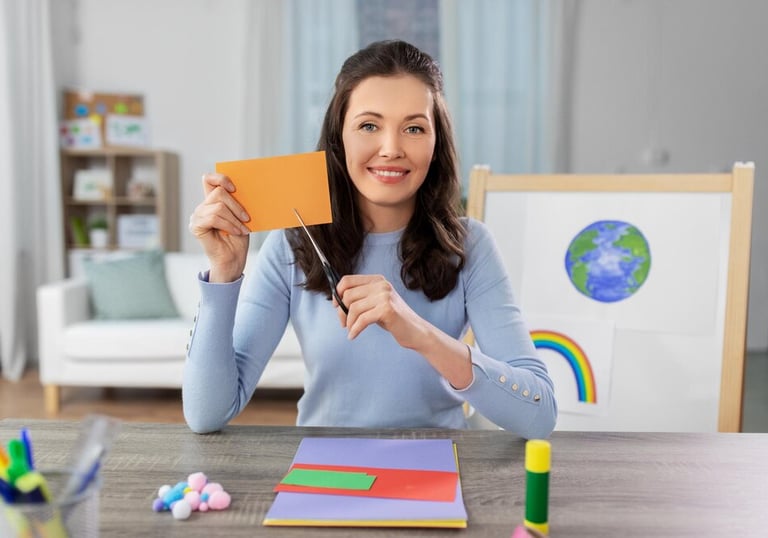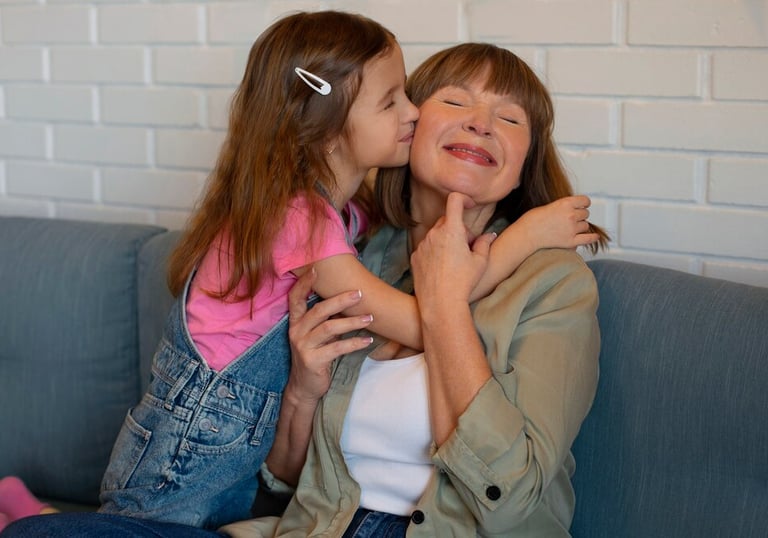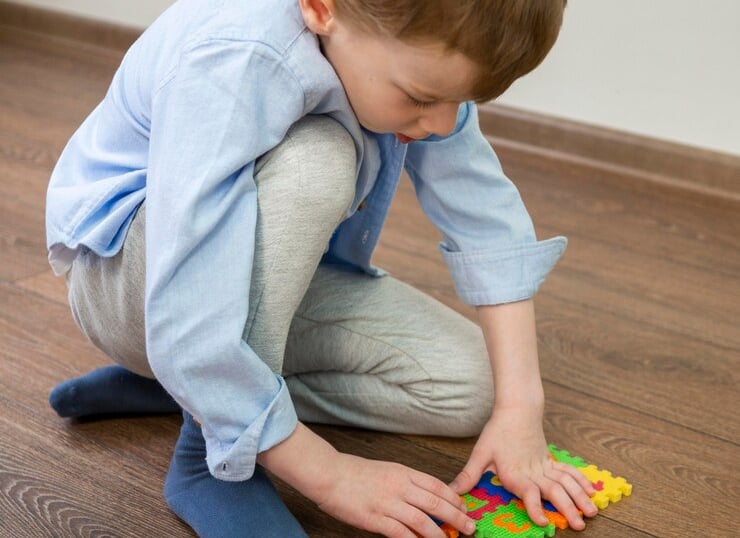Education has a tremendous power to profoundly transform the life of a child with autism. However, for that transformation to be meaningful and effective, education must be empathetic, understanding, flexible, and personalized—always responding to the unique traits of each individual. It’s not simply about applying a rigid or standardized method, but about adapting educational processes to each child's needs, interests, and learning pace.
In this specially designed educational space, you’ll find a variety of valuable resources, innovative ideas, and practical strategies aimed at supporting and enhancing the learning of children and adolescents with Autism Spectrum Disorder (ASD), whether in the classroom or at home. Every child with autism has a unique and particular way of perceiving the world around them, of expressing and communicating, of playing, relating, and of course—learning. That’s why the key isn’t in “teaching more” or more intensely, but in teaching differently—adapting techniques and methods so they are accessible and meaningful to them.
This section was specially created with the following people in mind:
✅ Teachers and educators who aim to adapt and modify their classes to achieve real and effective inclusion in the classroom, ensuring that all students can participate and grow on equal terms.
✅ Families who want and need to support the learning process at home, better understand how to assist their children, and create a positive and enriching learning environment.
✅ Therapeutic companions, health professionals, specialists, and caregivers who work directly with children and teens with ASD, and are looking for tools and methods to facilitate their daily work.
✅ Individuals who want to better understand the development and characteristics of a child with autism, and who genuinely want to offer effective support to promote their well-being and personal growth.








